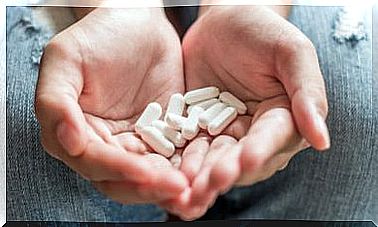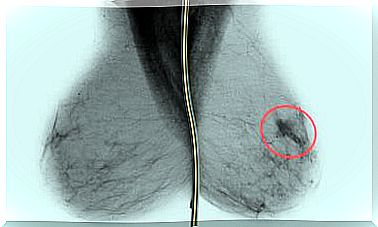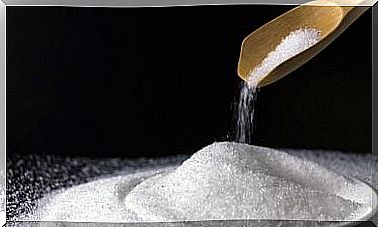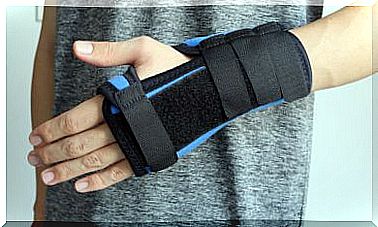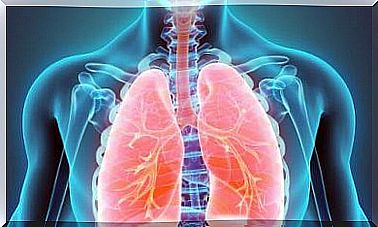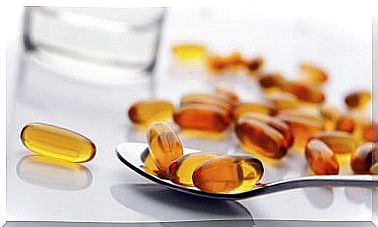18 Signs That May Indicate That Your Liver Is Bad
The symptoms of liver disease are similar to those of other common conditions. However, it is essential to know them to consult the doctor in a timely manner and, if necessary, receive treatment.
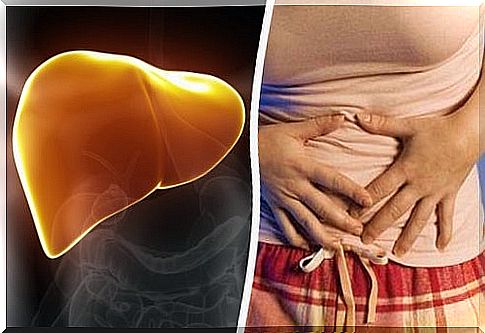
There are many disorders that can compromise liver health. However, the functions of this organ are not only altered by the development of certain pathologies, but also by lifestyle. Do you know how to detect if your liver is bad?
Although part of its functions is to detoxify the body, an excessive accumulation of toxins can deteriorate it. In fact, you can suffer attacks by the immune system, or have out of control due to inflammatory problems and being overweight.
The truth of all is that it requires special attention, since it affects the functions of other vital systems. Therefore, it is essential to be attentive to any symptoms that alert problems, especially if there is exposure to any risk factor.
Why can the liver get sick?
The liver is a complex organ that participates in several vital functions of the body. Not only does it play a major role in the detoxification process, it is key to fat digestion, hormone secretion, and infection prevention.
Despite its complexity, you have few ways to get sick, and therefore the symptoms of liver conditions tend to be similar. However, it must be considered that each pathology affects it differently and has different consequences for the rest of the body.
According to this document published by Mayo Clinic, the liver can get sick from some causes such as the following:
- Viral and bacterial infections (such as hepatitis, A, B, and C).
- Excessive consumption of alcoholic beverages.
- Poor diet and excessive consumption of fat.
- Smoking
- Excessive intake of medications.
- Autoimmune diseases.
- Exposure to contaminated environments.
- Overweight and obesity.
- Genetic factors.
Symptoms that alert that your liver is bad

The symptoms that warn that your liver is bad can vary depending on the disease you are suffering from. However, many of these manifestations are similar and require a medical evaluation to determine their origin.
Following the information from the previously cited source and other specialized sites, you can consider that your liver is bad if you perceive:
- Pain in the upper right part of the abdomen.
- Nausea and vomiting, especially after consuming greasy and irritating foods.
- Recurring headache.
- Feeling of fatigue for no apparent reason.
- Bad breath and metallic taste in the mouth.
- Yellow skin and eyes (jaundice).
- Dark urine and changes in urination habits.
- Loss of appetite
- Yellowish, grayish, or whitish stools
- Abdominal inflammation, slow digestion and constipation.
- Itching sensation all over the body.
- Digestive bleeding
- Skin infections or allergies.
- Low tolerance to medications such as antibiotics.
- Sudden mood swings, such as irritability and depression.
- Edema or fluid accumulation in the extremities.
- Bruising or bruising easily.
- Metabolic uncontrols, such as being overweight, obese, and blood glucose problems.
Important!
You must bear in mind that the manifestation of these symptoms does not always indicate that your liver is bad. While they are common from liver disease, they can also be caused by other conditions. Therefore, before being alert, it is best to request medical check-ups.
Diagnosis of liver problems
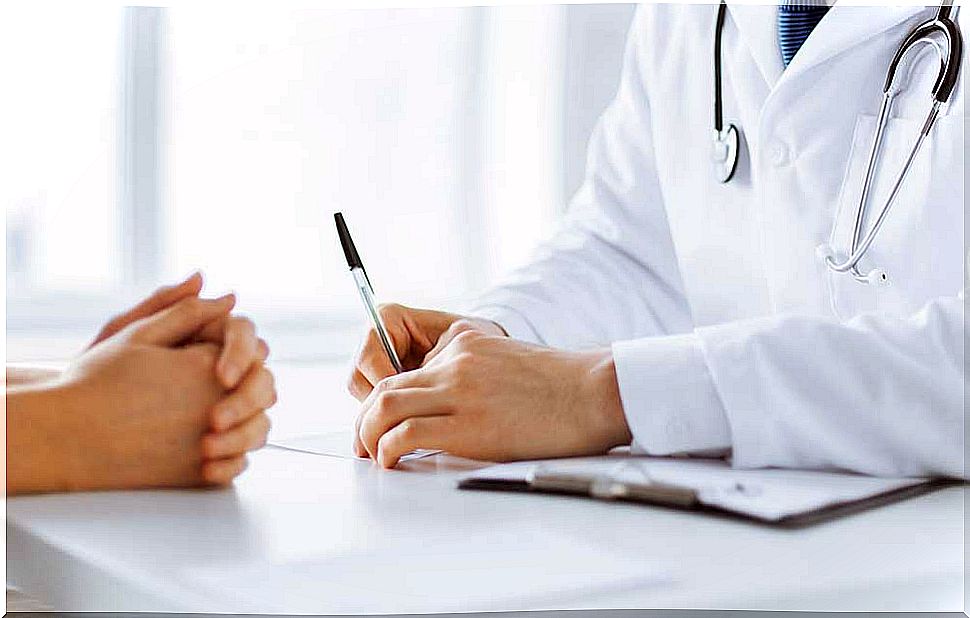
If you experience symptoms that may indicate that your liver is bad, you should probably undergo a series of medical tests. Sometimes the discomfort is caused by an excessive accumulation of toxins; however, to rule out a bigger problem, it is best to have a professional evaluation.
Initially, the doctor will ask for information such as a history of alcohol abuse, genetic abnormalities, or other medical conditions. Then, proceed to perform a physical examination and, if necessary, finalize the diagnosis with tests such as:
- Blood test (hepatogram).
- Liver biopsy.
- Computed tomography.
- Liver function tests.
- Coagulation studies.
Treatment and prevention of liver problems
Treatment for liver problems can vary according to their cause. The doctor may suggest medications when it comes to conditions such as fatty liver, hepatitis (A, B, and C), or liver failure.
If it’s not a serious problem, dietary and lifestyle changes can help improve it. In general, to treat and prevent liver difficulties it is recommended:
- Maintain a controlled diet of fats, sugars and simple carbohydrates.
- Increase the consumption of fruits, vegetables and water.
- Avoid the consumption of alcoholic beverages and tobacco.
- Get regular physical exercise and avoid being overweight.
- Avoid exposure to pollutants and chemicals.
- Do not consume medications without medical supervision.
- Avoid the use of illicit drugs.
Do you suspect a malfunction of your liver? If you identify the mentioned symptoms, consult your doctor. Remember that the timely detection of diseases is decisive for the success of your treatment.
